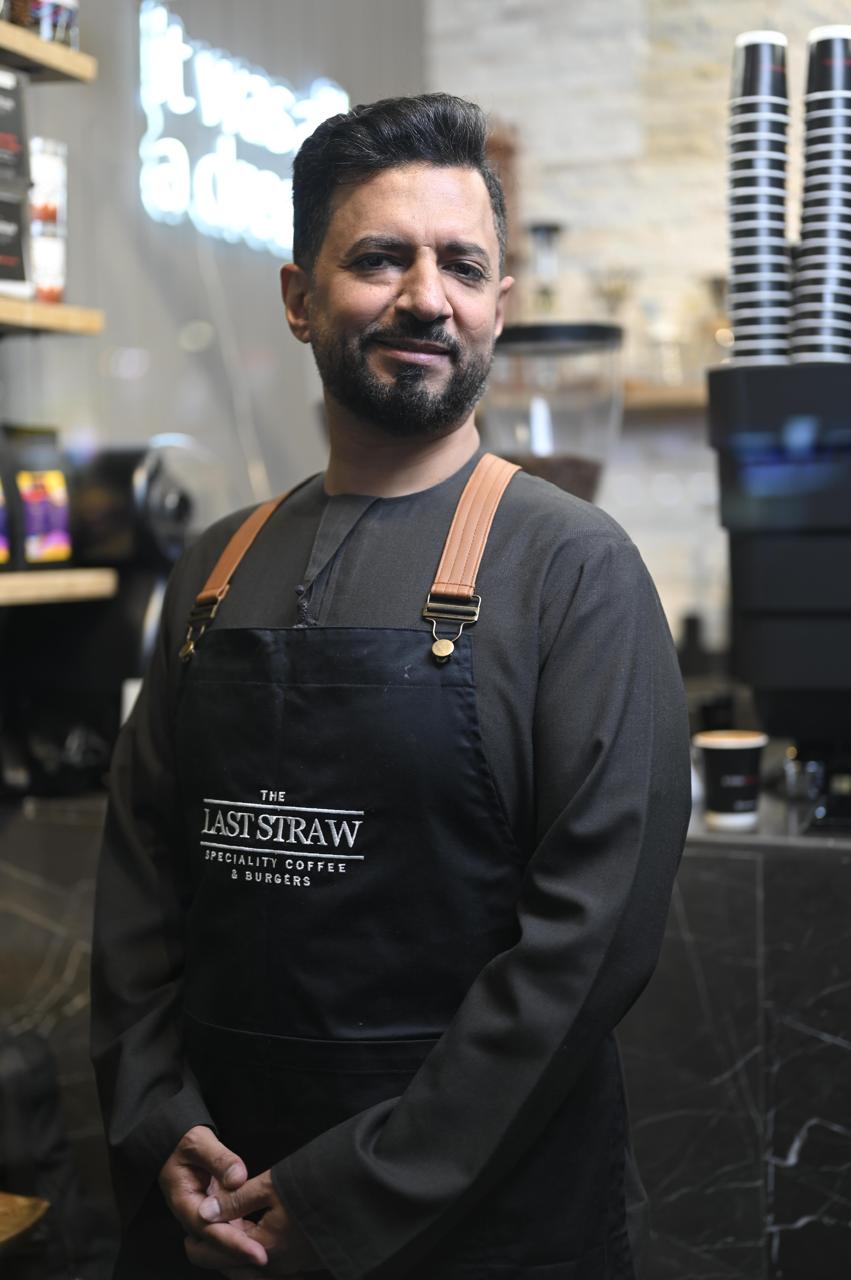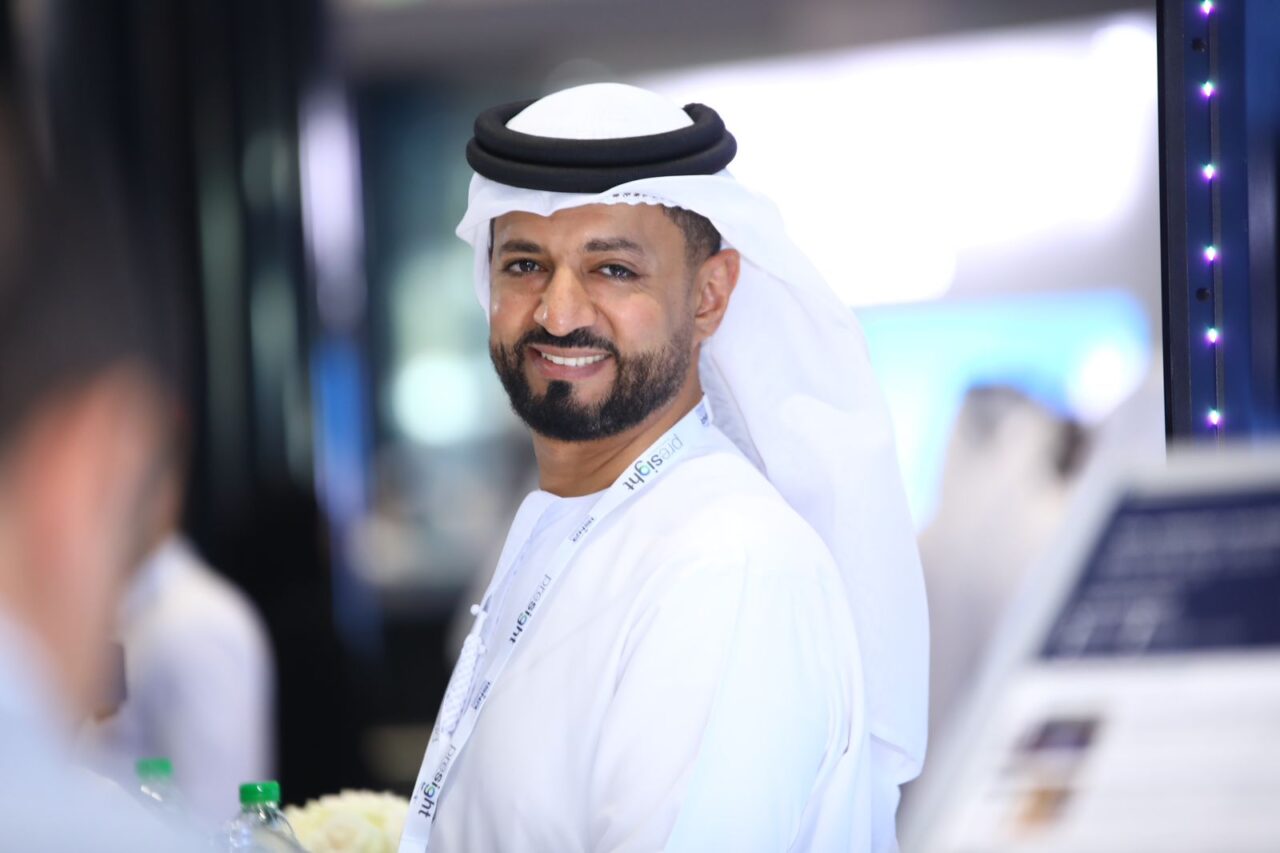В сердце богатого кофейного наследия Йемена и развивающейся кулинарной сцены Дубая, Хишам Аль-Газали выделяется как эксперт в кофе в третьем поколении, сертифицированный специалист SCA и увлеченный блогер. Путешествие Хишама — это вдохновляющая история преданности, традиций и инноваций, органично сочетающая сложные вкусы кофе с искусством высокой гастрономии. Присоединяйтесь к нам, чтобы погрузиться в его личное и профессиональное путешествие, раскрывая вдохновения, вызовы и мечты, которые питают его страсть.
Как началась ваша страсть к кофе, и что вдохновило вас стать экспертом в этой области?
Моя страсть к кофе началась в 2020 году, когда я получил последний урожай с фермы моей бабушки после её смерти в том же году. Моей целью было продолжить семейные традиции и представить йеменский кофе миру в наилучшем виде.
Какие основные трудности вы испытали на пути к получению сертификации SCA?
Курсы, предлагаемые Специальной Кофейной Ассоциацией (SCA), были интересными и наполненными ценными знаниями, что значительно улучшило мои навыки. Самым большим вызовом было прохождение онлайн-экзаменов, которые требовали точных и конкретных ответов, что требовало большой подготовки и точности.
Как йеменец, какая ваша личная история с йеменским кофе?
Моя история с йеменским кофе начинается с детства, где он всегда связывал меня с дорогими мне членами семьи, такими как мои дедушки и бабушки, мой отец и мои родственники. Кофе всегда был частью нашей повседневной жизни, наполненной тёплыми воспоминаниями и крепкими семейными связями.

Как вы видите историческую роль Йемена в кофейной индустрии, и как можно сохранить это наследие сегодня?
Йемен играет основную и историческую роль в выращивании и распространении кофе по всему миру. Мы одни из первых начали выращивать и экспортировать кофе, и йеменский кофе славится своим высоким качеством. Сохранение этого наследия требует постоянных усилий по продвижению йеменского кофе на международном уровне, достигаемое благодаря креативности и преданности молодых йеменцев, которые сейчас активно развивают эту индустрию.
Какие изменения вы заметили в йеменской кофейной индустрии за эти годы?
Я заметил, что раньше кофейная индустрия не привлекала большого интереса у йеменской молодежи. Однако с появлением третьей волны кофе она начала привлекать значительное количество молодых людей, которые теперь стремятся развивать и улучшать эту сферу.
Как вы видите будущее кофейной индустрии в Йемене и арабском мире?
Я вижу светлое и многообещающее будущее для кофейной индустрии в Йемене и арабском мире. Мы сейчас находимся в третьей волне кофе, которая сосредоточена на образовании потребителей и повышении осведомленности о качестве и инновациях, что положительно скажется на развитии этой индустрии.
Какие инновации или улучшения, по вашему мнению, сделают значительное изменение в кофейном мире?
Существует множество улучшений в области выращивания и обработки кофе, особенно с увеличивающимся интересом со стороны наших саудовских братьев, создавая большие возможности в регионе. Кроме того, есть новые и инновационные методы обработки кофе, которые вводят уникальные вкусы, привлекая новые сегменты потребителей. Также заметны значительные достижения в инструментах для экстракции кофе.
Есть ли у вас текущие проекты или будущие планы, связанные с кофе, которые вы хотели бы поделиться с нами?
В настоящее время я являюсь производителем кофе и продаю его на мировом уровне благодаря моим прямым контактам с фермерами в Йемене. Я изучаю новые методы выращивания и обработки кофе, и планирую бесплатно обучать этим современным методам йеменских фермеров, либо через ООН в Йемене, либо другими личными инициативами, чтобы помочь им конкурировать на региональном и мировом уровнях.
Как гурман и любитель кофе, как вы балансируете между этими двумя страстями?
Обе страсти тесно переплетены. Для меня кофе и еда дополняют друг друга, и часто можно видеть их вместе на одном столе.
Какие советы вы можете дать молодым людям, которые хотят войти в кофейный мир?
Я хочу, чтобы они знали, что кофейное дерево щедро и дает много, и что за каждой чашкой кофе стоят усилия многих людей. Мой совет — сосредоточиться на гуманитарных и коммерческих аспектах одновременно, так как многие сосредотачиваются только на коммерческой стороне и забывают о своей роли в помощи фермерам в поддержании их средств к существованию и обеспечении достойной жизни для их семей.
Как вы наслаждаетесь кофе в повседневной жизни и какой ваш любимый способ его приготовления?
Я наслаждаюсь регулярной обжаркой кофе дома и его приготовлением традиционным йеменским способом (Qishr) или в виде эспрессо. Иногда я использую метод V60.
Как мы можем повысить культуру и осведомленность о важности йеменского кофе в мире?
Кофе — это национальный продукт и культурное наследие. Каждый йеменец должен войти в эту сферу и творчески подходить к ней, потому что её выгоды для страны и йеменских семей значительны и важны. Мы можем взять Эфиопию в качестве примера; она сейчас является одной из пяти крупнейших стран-экспортеров кофе с существенными финансовыми доходами.
Какова ваша роль в повышении осведомленности о йеменском кофе и его культуре?
Я представляю Йемен в наилучшем свете для мира, учитывая моё присутствие в ОАЭ, которая является одним из крупнейших центров торговли кофе в мире. У меня есть широкая сеть отношений по всему миру, и я стремлюсь передавать историю и качество йеменского кофе и его продуктов наилучшим образом.
